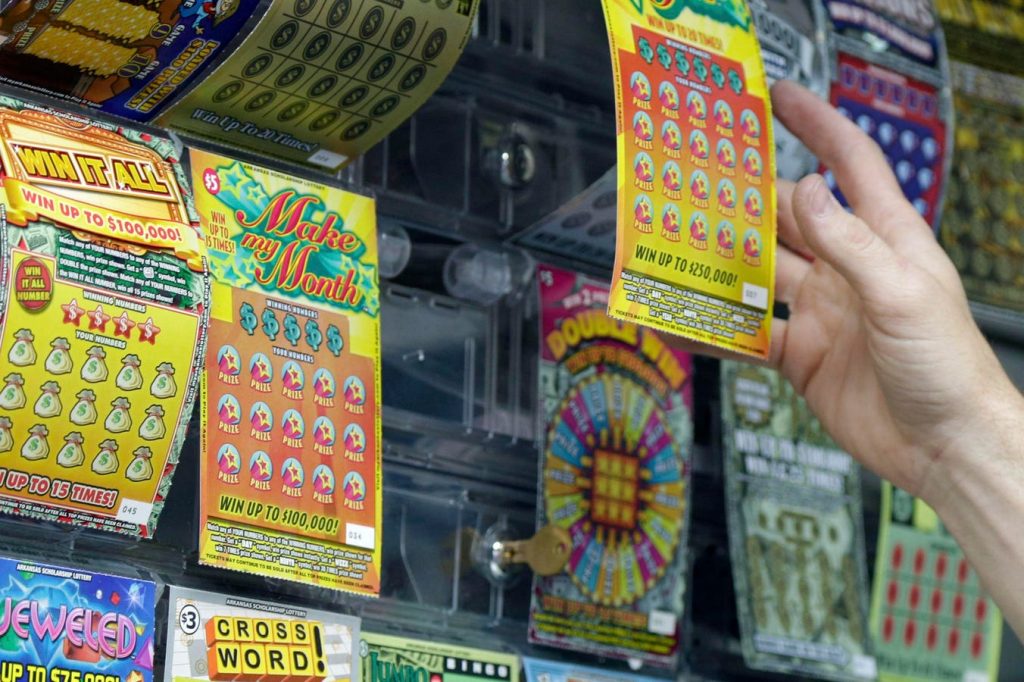The upcoming election will feature more education-related ballot measures than ever before, with most falling into the categories of revenue-raising for K-12 schools and community colleges or school choice initiatives. Funding for public schools has been a historically popular issue, but some states are finding it increasingly difficult to pass revenue-raising measures, potentially leading to falling behind on capital and facilities maintenance. School choice remains a hot-button issue, with several states looking to solidify or expand existing programs through ballot measures.
Former President Donald Trump and Vice President Kamala Harris have addressed education-related issues on the campaign trail, but education funding and policy largely remain the responsibility of the states. Fourteen states will be putting education-related ballot questions before voters, covering a range of topics such as lottery-funded scholarships, partisan school board elections, high school graduation assessments, and college governance. The issues range from funding for infrastructure repairs and improvements in school districts to cementing existing school choice programs.
In states like California and Colorado, ballot measures will ask voters to approve additional funding for education facilities and to enshrine the right to school choice in the state constitution. Other states, such as Kentucky, are posing questions related to allowing public funds to support non-public education. In states like Arkansas, questions focus on expanding the use of lottery revenue to fund scholarships for students at vocational-technical schools and technical institutes.
In Nevada, voters will decide on a measure to remove the constitutional status of the Board of Regents, potentially transferring control of public colleges to the state legislature. In Utah, a measure aims to increase the annual distributions from the State School Fund for public education from 4% to 5%. Rhode Island voters will decide on issuing bonds to fund higher education facilities, while Missouri voters will consider a measure related to gambling revenue supporting early childhood literacy programs in public schools.
Overall, the education-related ballot measures in various states reflect a wide range of issues and concerns related to school funding, school choice, and governance. With education taking a back seat this election season, these ballot measures will shape the future of education policy and funding in these states. Voters will have the opportunity to weigh in on important decisions that will impact public schools, community colleges, and other educational institutions in their states.















